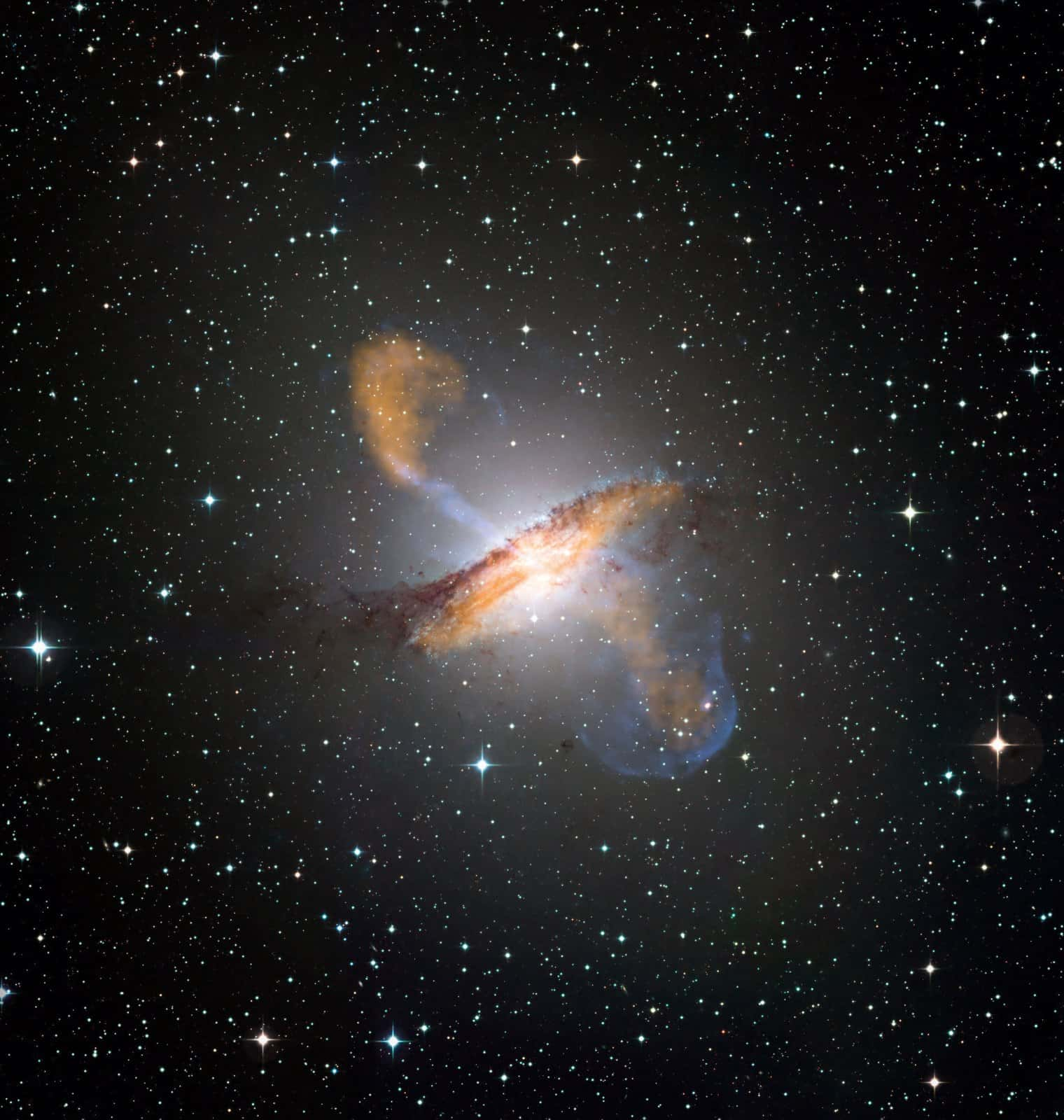Nandshankar Mehta’s Karan Ghelo, the first Gujarati novel, tests one's patience but remains a historical account whose importance cannot be undermined, writes Roshni Nair
Some of mankind's biggest wars, history tells us, were fought over celestial beauties. Cleopatra. Helen of Troy. Sita. Draupadi. It's a context that takes the 'make love, not war' adage to the cleaners. Because, what of wars fought over love – and lust – or a love that blossomed amidst bloodshed? Nowhere is this more pertinent than Nandshankar Mehta's Karan Ghelo. This 149-year-old citadel of Gujarati literature has seen nine reprints, several stage adaptations and a celluloid outing in 1924 by vaunted silent-era filmmaker Shri Nath Patankar. It was but imperative for such a work to be translated into English (by author-researchers Tulsi Vatsal and Aban Mukherji) instead of being relegated to oblivion, as is the plight of many indigenous, vernacular Indian texts.
Set in Anhilpur-Patan (now Patan) – home to the Patola saree – Karan Ghelo charts the life of the doomed Karan Raja or Karan Vaghela, Gujarat’s last Rajput king who ruled between 1296-1305AD. The impulsive, self-entitled raja abducts his Prime Minister Madhav’s breathtakingly-beautiful wife Roopsundari because – forgive the crassness – he can’t keep it in his pants. The reckless act, which results in Madhav’s brother Keshav dying trying to protect his sister-in-law, transforms the loyal, staid Madhav into a man consumed by revenge. His wrath takes him to the Delhi Sultanate, where he persuades all-powerful Allaudin Khilji to invade prosperous Patan. Khilji’s eventual victory over Karan Raja not only seals the fate of the Vaghela dynasty – chief queen Kaularani and daughter Devaldevi too are lost to the Sultanate – but ends Hindu rule in Gujarat for another five centuries. For his deeds that culminate into a domino effect, Karan Raja earns the moniker Karan ‘Ghelo’ (Gujarati for ‘crazy’).

A Rajput warrior
Karan Ghelo is more than a historical account of Gujarat’s last Rajput ruler or a classic tale of love, lust, fiefdoms and betrayal. It reflects the collective medieval Indian psyche. It must be noted that Nandshankar Mehta, who took three years to write the book, was a member of organisations like Buddhivardhak Sabha (Bombay), which condemned casteism and female subjugation. He was a reformer when India’s reformist movement was at its peak, and this comes across in the book. Not by way of commentary – Mehta draws from Gujarati bardic lore, Persian texts and Jain accounts – but through intense descriptions of sati, widow segregation, untouchability, feudalism and jizya (tax sought from non-Muslims under Islamic law). Particularly chilling is the sati of Gunsundari, wife of Keshav, and the hordes that gather to venerate and watch her succumb to the flames of her husband's pyre. It is almost as if Mehta wanted the 19th century reader to stop and think: “Why are we still doing what was acceptable in the 13th century?”

Allaudin Khilji
But his need to haul readers into a world gone by is a double-edged sword. Perhaps, sensing the impending significance of penning the first Gujarati novel, Mehta set out to make his work a reservoir of musings on philosophy, governance and love. Examples include the exhaustive debate between Jain munis and Brahmin priests performed before Karan Raja, and the ill-fated love between Devaldevi and Maratha prince Shankaldev. Tangents like these – which go on longer than they should – disrupt the narrative. This is the bookish equivalent of watching a film whose sub-plots or dialogues go helter-skelter before finally returning to the main story. It's an exercise in patience.

Rani ka vav patan
Even then, the importance of Karan Ghelo can't be undermined. In choosing to tell the story of an unpopular Rajput, Mehta inadvertently probed sanitised versions of history on either side of the left-right spectrum. He questioned the much-vaunted 'Rajput valour', bringing to light the line between kshatriya dharma and foolhardiness or obstinacy. Mehta cocked a snook at how their women were treated and expected to behave, drawing parallels with lower caste women – who, unlike their more privileged counterparts, could roam the streets (relatively) freely since they had mouths to feed. He also wrote about the excesses of Alauddin Khilji and his military general, Malik Kafur. Brilliant strategists and warriors they may have been, but Mehta, who also drew from Sufi poet-scholar Amir Khusrau's masnavis (poems), chronicled the rampant corruption and forced conversions under their watch. No one was spared.
In our quest to be politically correct and avoid the ire of the rabid right and lunatic left, we embellish our collective history – and its significant players – with little more than platitudes and lip service. This book urges you to do otherwise. And that is perhaps why Karan Ghelo remains such an epoch in Gujarati literature.
![submenu-img]() Mukesh Ambani’s daughter Isha Ambani’s firm launches new brand, Reliance’s Rs 8200000000000 company to…
Mukesh Ambani’s daughter Isha Ambani’s firm launches new brand, Reliance’s Rs 8200000000000 company to…![submenu-img]() Sonali Bendre says producers called her 'too thin', tried to ‘fatten her up' during the 90s: ‘They'd just tell me...'
Sonali Bendre says producers called her 'too thin', tried to ‘fatten her up' during the 90s: ‘They'd just tell me...'![submenu-img]() Heavy rains in UAE again: Dubai flights cancelled, schools and offices shut
Heavy rains in UAE again: Dubai flights cancelled, schools and offices shut![submenu-img]() When 3 Bollywood films with same story released together, two even had same hero, all were hits, one launched star kid
When 3 Bollywood films with same story released together, two even had same hero, all were hits, one launched star kid![submenu-img]() Gautam Adani’s firm gets Rs 33350000000 from five banks, to use money for…
Gautam Adani’s firm gets Rs 33350000000 from five banks, to use money for…![submenu-img]() DNA Verified: Is CAA an anti-Muslim law? Centre terms news report as 'misleading'
DNA Verified: Is CAA an anti-Muslim law? Centre terms news report as 'misleading'![submenu-img]() DNA Verified: Lok Sabha Elections 2024 to be held on April 19? Know truth behind viral message
DNA Verified: Lok Sabha Elections 2024 to be held on April 19? Know truth behind viral message![submenu-img]() DNA Verified: Modi govt giving students free laptops under 'One Student One Laptop' scheme? Know truth here
DNA Verified: Modi govt giving students free laptops under 'One Student One Laptop' scheme? Know truth here![submenu-img]() DNA Verified: Shah Rukh Khan denies reports of his role in release of India's naval officers from Qatar
DNA Verified: Shah Rukh Khan denies reports of his role in release of India's naval officers from Qatar![submenu-img]() DNA Verified: Is govt providing Rs 1.6 lakh benefit to girls under PM Ladli Laxmi Yojana? Know truth
DNA Verified: Is govt providing Rs 1.6 lakh benefit to girls under PM Ladli Laxmi Yojana? Know truth![submenu-img]() Remember Ayesha Kapur? Michelle from Black, here's how actress, nutrition coach, entrepreneur looks after 19 years
Remember Ayesha Kapur? Michelle from Black, here's how actress, nutrition coach, entrepreneur looks after 19 years![submenu-img]() Remember Heyy Babyy's cute 'Angel' Juanna Sanghvi? 20 year-old looks unrecognisable now, fans say 'her comeback will...'
Remember Heyy Babyy's cute 'Angel' Juanna Sanghvi? 20 year-old looks unrecognisable now, fans say 'her comeback will...'![submenu-img]() In pics: Arti Singh stuns in red lehenga as she ties the knot with beau Dipak Chauhan in dreamy wedding
In pics: Arti Singh stuns in red lehenga as she ties the knot with beau Dipak Chauhan in dreamy wedding![submenu-img]() Actors who died due to cosmetic surgeries
Actors who died due to cosmetic surgeries![submenu-img]() See inside pics: Malayalam star Aparna Das' dreamy wedding with Manjummel Boys actor Deepak Parambol
See inside pics: Malayalam star Aparna Das' dreamy wedding with Manjummel Boys actor Deepak Parambol ![submenu-img]() DNA Explainer: Why Harvey Weinstein's rape conviction was overturned, will beleaguered Hollywood mogul get out of jail?
DNA Explainer: Why Harvey Weinstein's rape conviction was overturned, will beleaguered Hollywood mogul get out of jail?![submenu-img]() What is inheritance tax?
What is inheritance tax?![submenu-img]() DNA Explainer: What is cloud seeding which is blamed for wreaking havoc in Dubai?
DNA Explainer: What is cloud seeding which is blamed for wreaking havoc in Dubai?![submenu-img]() DNA Explainer: What is Israel's Arrow-3 defence system used to intercept Iran's missile attack?
DNA Explainer: What is Israel's Arrow-3 defence system used to intercept Iran's missile attack?![submenu-img]() DNA Explainer: How Iranian projectiles failed to breach iron-clad Israeli air defence
DNA Explainer: How Iranian projectiles failed to breach iron-clad Israeli air defence![submenu-img]() Sonali Bendre says producers called her 'too thin', tried to ‘fatten her up' during the 90s: ‘They'd just tell me...'
Sonali Bendre says producers called her 'too thin', tried to ‘fatten her up' during the 90s: ‘They'd just tell me...'![submenu-img]() When 3 Bollywood films with same story released together, two even had same hero, all were hits, one launched star kid
When 3 Bollywood films with same story released together, two even had same hero, all were hits, one launched star kid![submenu-img]() Salman Khan house firing case: Family of deceased accused claims police 'murdered' him, says ‘He was not the kind…’
Salman Khan house firing case: Family of deceased accused claims police 'murdered' him, says ‘He was not the kind…’![submenu-img]() Meet actor banned by entire Bollywood, was sent to jail for years, fought cancer, earned Rs 3000 crore on comeback
Meet actor banned by entire Bollywood, was sent to jail for years, fought cancer, earned Rs 3000 crore on comeback ![submenu-img]() Karan Johar wants to ‘disinherit’ son Yash after his ‘you don’t deserve anything’ remark: ‘Roohi will…’
Karan Johar wants to ‘disinherit’ son Yash after his ‘you don’t deserve anything’ remark: ‘Roohi will…’![submenu-img]() IPL 2024: Bhuvneshwar Kumar's last ball wicket power SRH to 1-run win against RR
IPL 2024: Bhuvneshwar Kumar's last ball wicket power SRH to 1-run win against RR![submenu-img]() BCCI reacts to Rinku Singh’s exclusion from India T20 World Cup 2024 squad, says ‘he has done…’
BCCI reacts to Rinku Singh’s exclusion from India T20 World Cup 2024 squad, says ‘he has done…’![submenu-img]() MI vs KKR, IPL 2024: Predicted playing XI, live streaming details, weather and pitch report
MI vs KKR, IPL 2024: Predicted playing XI, live streaming details, weather and pitch report![submenu-img]() IPL 2024: How can RCB and MI still qualify for playoffs?
IPL 2024: How can RCB and MI still qualify for playoffs?![submenu-img]() MI vs KKR IPL 2024 Dream11 prediction: Fantasy cricket tips for Mumbai Indians vs Kolkata Knight Riders
MI vs KKR IPL 2024 Dream11 prediction: Fantasy cricket tips for Mumbai Indians vs Kolkata Knight Riders ![submenu-img]() '25 virgin girls' are part of Kim Jong un's 'pleasure squad', some for sex, some for dancing, some for...
'25 virgin girls' are part of Kim Jong un's 'pleasure squad', some for sex, some for dancing, some for...![submenu-img]() Man dances with horse carrying groom in viral video, internet loves it
Man dances with horse carrying groom in viral video, internet loves it ![submenu-img]() Viral video: 78-year-old man's heartwarming surprise for wife sparks tears of joy
Viral video: 78-year-old man's heartwarming surprise for wife sparks tears of joy![submenu-img]() Man offers water to thirsty camel in scorching desert, viral video wins hearts
Man offers water to thirsty camel in scorching desert, viral video wins hearts![submenu-img]() Pakistani groom gifts framed picture of former PM Imran Khan to bride, her reaction is now a viral video
Pakistani groom gifts framed picture of former PM Imran Khan to bride, her reaction is now a viral video






































)





)
)
)




)
)
)
)
)
)